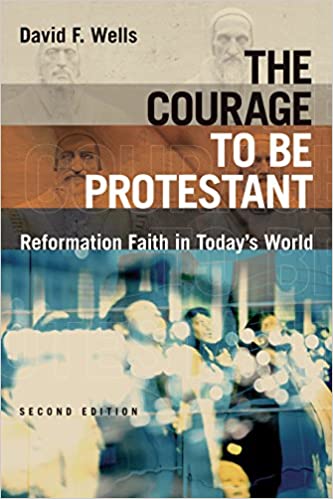This is David Wells’ fifth in a series of books assessing the health of modern evangelicalism. Its purpose is to summarise and update the previous four volumes. Using the same five categories that have been prominent throughout (truth, God, self, Christ and the church) he sets out to expose a widespread departure from true biblical Christianity (or Protestantism) over recent decades.
The architects of this departure fall into two main camps. First there were the ‘marketers’. Their mistake was to look to the worlds of business and entertainment for their models of church growth. These marketers are still with us, but alongside them has arisen a second camp, the ’emergents’.
Emergents have rightly seen through the shallow glamour of palatial auditoria and celebrity pastors. Their alternative, however, is a postmodern ‘evangelicalism’, suspicious and uncertain in its mood, tentative and understated in its message.
According to Wells, both groups have lost the centrality of truth, distorted the character of God, placed a wrong emphasis upon self, reduced the work of Christ and redefined the church. And this sad story apparently pervades the evangelical scene. There may have been no explicit renunciation of God’s Word, but the reality is that true biblical Christianity has been left far behind.
Wells presents his case coherently and many of his opinions are probably valid. I have three reservations, however. First, the book contains no footnotes. Wells is quite open about this omission, insisting that he has already supplied the relevant references in the other volumes. If, however, you have not read the other volumes, the apparent absence of sources can make this one feel unscholarly, sweeping and subjective.
Secondly, it is American evangelicalism that Wells is portraying. Again, there is no attempt to hide this, and one could not reasonably expect anything else from a professor in an American seminary. But it does limit the book’s relevance to British readers.
Thirdly, the failures exposed may be widespread but are still far removed from where we are at as Reformed churches. I do not imagine Wells has many readers who will be taken out of their comfort zone by this book.
He is attacking an extreme and easy target, guaranteed a loud ‘amen’ from a Reformed constituency that is not remotely attracted to the fare served up every time it turns on the God Channel. May there not, however, be many (more subtle) ways in which we too lack the courage to be Protestant?





